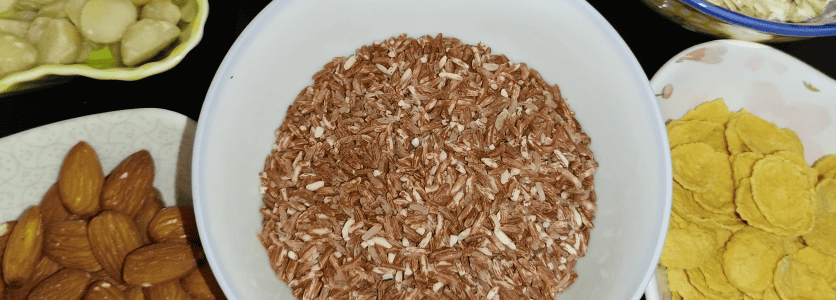分享:
这篇文章对您有帮助吗?
分享:
这篇文章对您有帮助吗?
There is a saying “you are what you eat”. From preconception to antenatal period, what you consume can potentially affect your pregnancy outcome.
Folic acid is the synthetic form of folate, which is a naturally occurring B vitamin. Folate helps make DNA and other genetic material. It is especially important in prenatal health.
Studies show that consuming 400mcg of folic acid per day can reduce risk of neural tube defect by more than 70%.

The two most common types of neural tube defects are anencephaly and spina bifida. Anencephaly is a serious birth defect in which parts of a baby’s brain and skull do not form correctly. Almost all babies born with anencephaly will die shortly after birth. Spina bifida is a serious birth defect in which a baby’s spine does not form correctly and can result in some severe physical disabilities.
Every woman who is capable of becoming pregnant should get 400 mcg of folic acid every day.

There are three ways women can get enough folic acid. They can choose to:
Alcohol in the mother’s blood passes to the baby through the umbilical cord. Alcohol use during pregnancy can cause miscarriage, stillbirth, and a range of lifelong physical, behavioral, and intellectual disabilities. These disabilities are known as fetal alcohol spectrum disorders (FASDs).

Children with FASDs might have the following characteristics and behaviors:
There is no known safe amount of alcohol use for mothers during pregnancy or while trying to get pregnant. There is also no safe time for alcohol use during pregnancy. All types of alcohol are equally harmful, including all wines and beer. FASD is preventable if the baby is not exposed to alcohol before birth.
Tobacco use during pregnancy increases the risk of preterm birth, low birth weight, and birth defects of mouth and lips.

E-cigarettes and other tobacco products containing nicotine (the addictive drug found in tobacco) are not safe to use during pregnancy. Nicotine is a health danger for pregnant women and developing babies. It can damage a developing baby’s brain and lungs. Also, some of the flavorings used in e-cigarettes may be harmful to a developing baby.

Obesity is a strong risk factor for any pregnant woman.
Yet, most obesity cases are modifiable risk factors for pregnancy via lifestyle changes. A healthy pre-pregnancy weight can be achieved via regular exercise and diet control.

Obese women also have higher chances of developing Type 2 Diabetes Mellitus which itself can increase the risks of congenital fetal anomaly.
In summary, a lifestyle modification is hard for the majority of people, but once you can deliver a healthy baby, all your effort is worthwhile.
“Stay fit! Stay healthy! Healthy mum, healthy baby!”
You do your part, and the rest, let your obstetrician guides you through your wonderful pregnancy journey.
This article first appeared in Borneo Post Online, 18 Dec 2022.
分享:
这篇文章对您有帮助吗?
分享:
这篇文章对您有帮助吗?
来自
RM80